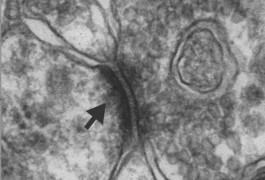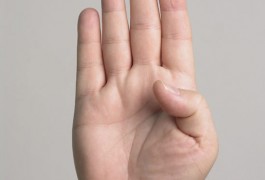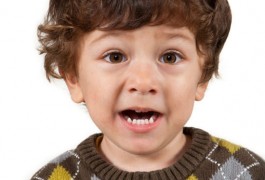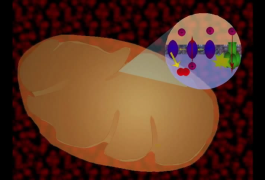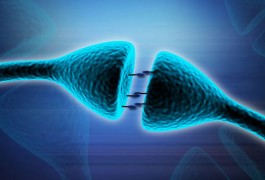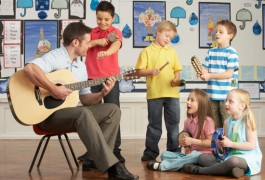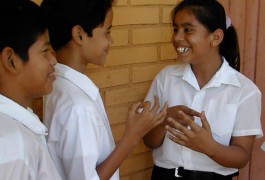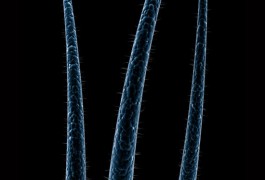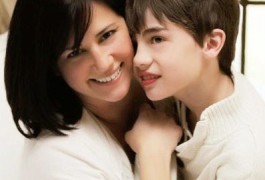New SHANK3 mouse shows autism-like features
Researchers have created a mouse carrying a deletion in SHANK3, an autism candidate gene, they reported yesterday in Nature. This is the second model of SHANK3 mutations but shows markedly more behavioral and brain defects compared with the first.







